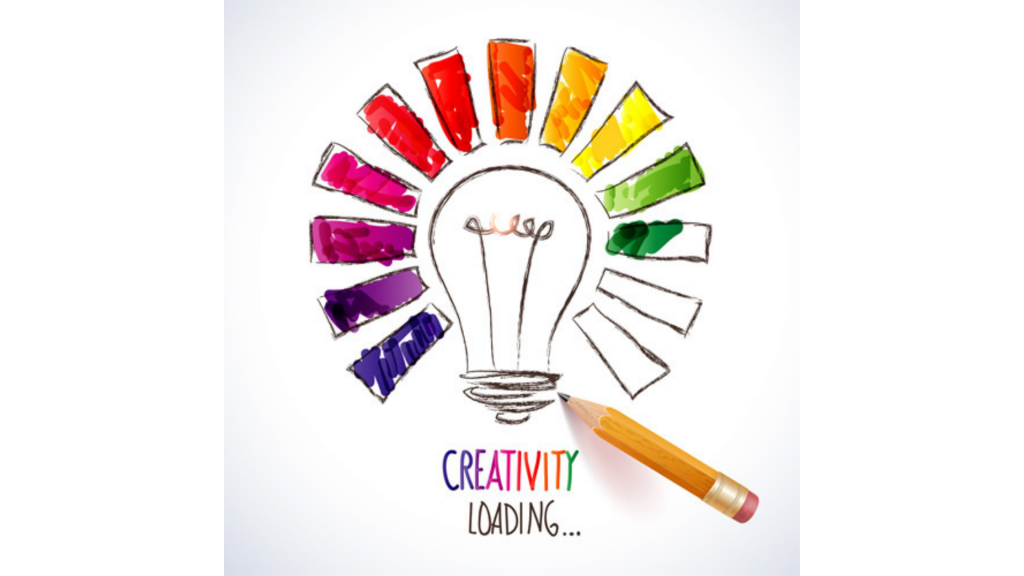
It’s not just what you know
Employers are increasingly prioritising the ability to think, learn and work collaboratively when considering candidates for employment.
Most of us would know that the world of work is changing, rapidly; largely influenced by advances in artificial intelligence (AI) and robotics. COVID-19 has simply accelerated the changes. Just like the industrial revolution of the 18th and 19th centuries, jobs will be disrupted or disappear, and new ones will emerge.
As an educator, I believe that schools have a moral and ethical obligation to ensure we are preparing young people to thrive post-school, and this includes providing them with the skills and dispositions needed for “work”. All the evidence shows that those dispositions and skills are the ones that AI cannot replicate: Creativity and Character.
Over the last few decades, successive governments have pushed for (and rightly so) higher levels of Year 12 attainment and tertiary qualifications in its population. The accepted educational pathway and outcome now is the completion of a degree (or dual degree). Indeed, 80-90% of St Paul’s graduates are university bound. Our nation is now more highly qualified than ever before.
But in the new digital economy, will a degree or dual degree guarantee employment?
The Education Council (2020) and Confederation of Business Industry (2019) have reported that employers are frustrated that the current crop of academic and vocational qualifications are leaving them under-informed about potential employees. Many employers, including the likes of Apple, Bank of America, Google, the Hilton, Penguin Random House, and PwC are now qualification-blind in their recruitment.
Many employers are now developing their own approaches to assessing job applicants. Often these are “strength-based” aptitude tests to see what an applicant’s dispositions, character traits and capabilities are.
According to the Chief Research Officer of the Institute of Student Employers in the UK, “Most employers don’t worry if a candidate knows a little bit less about theories of population migration or the nineteenth century novel. But they do care a lot about candidates’ ability to learn, to think on their feet, to be resilient in the face of knock backs, and so on.”
The “and so on” would include the ability to identify problems, think creatively, and work collaboratively to design solutions.
The old pathway of finishing school, going to university, and getting a job is increasingly fractured. This is definitely the case for South Korea who in the last few years have realised that they have raised a generation of people who are afraid to take risks and fail. The current generation in that country is known as, “the give up generation” as they have given up hope that the traditional educational pathway will secure them great employment.
Employers are becoming aware that, “when it comes to predicting job performance, aptitude tests are twice as predictive as job interviews, three times as predictive as job experience, and four times as predictive as education level.”
It would seem that the ability to think creatively and to be a person of good character are going to be the vital qualifications for employment when our students leave school.
 Dr Paul Browning
Dr Paul Browning
Headmaster
References
CBI (2019) Getting Young People ‘Work Ready’: Our Vision of How Education Should Prepare Young People for the Modern World, Confederation of Business Industry, London.
Education Council (2020) Looking to the Future: The Report of the Review of Senior Secondary Pathways into Work, Further Education and Training, Department of Education, Skills and Employment, Canberra.
What Are Pre-Employment Tests? | Criteria Corp
